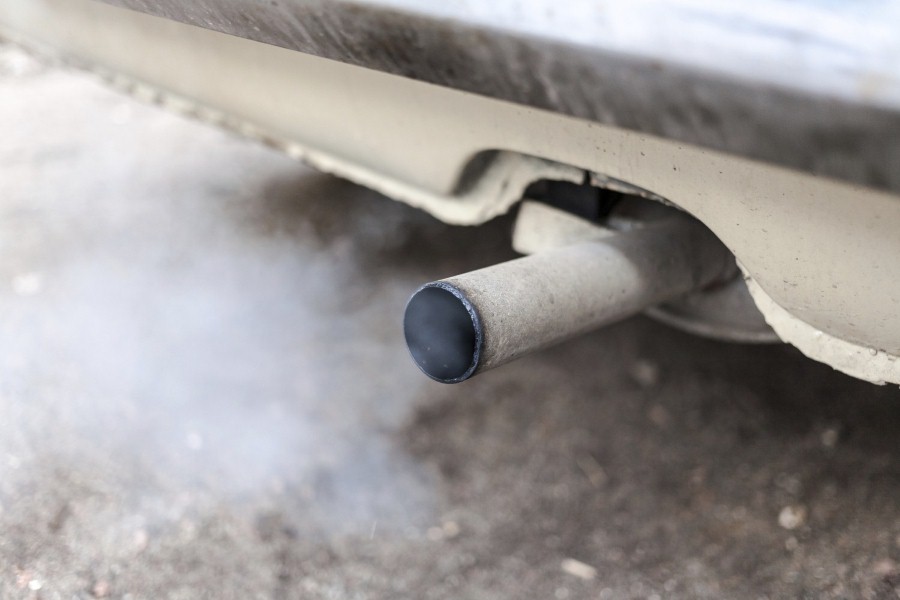Council calls for heavier fines on idling engines
A council is asking the government for greater powers to impose heavier fines on motorists who contribute to air pollution by leaving their engines idling while stationary.
Westminster council has spoken to 20,000 UK drivers and found that most who keep their vehicles running while temporarily parked do so out of habit.
It has stressed that nothing less than a four-figure fine would deter the worst offenders who continue "widespread and persistent idling even after being asked [to stop]".
There are penalties in place under existing regulations, with drivers able to be fined between £20 and £80 for having an engine idling.
However, many local authorities have reported that their marshals are unable to impose penalties unless drivers ignore an initial warning and remain in the same position for at least another minute.
Westminster council leader Nickie Aiken said he wants the government to give councils the power they need to tackle air pollution.
Environment secretary Michael Gove has lent his support to the campaign and told the Times he wants instant fines for repeat offenders, although he stressed that any such powers should be "used proportionately".
Westminster suffers the worst air pollution in the country and the council has released data it has collected showing that an idling car produces enough exhaust emissions to fill 150 balloons a minute.
The Department for Transport said it is determined to reduce the damaging impact of air pollution and will be making guidance on tackling idling clearer for local authorities.
In a recent report, Public Health England also called for cars to be banned from idling near schools and hospitals, warning that 36,000 people die each year from man-made air pollution and that it contributes to dementia, low birth weight and diabetes.
Meanwhile, a study from the University of Basel found breathing in high levels of air pollution from birth is associated with reduced lung function at six years because children take in three times more air relative to their weight.
